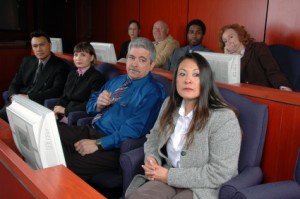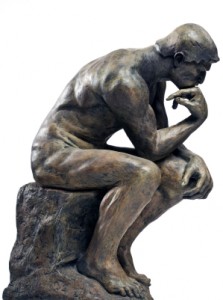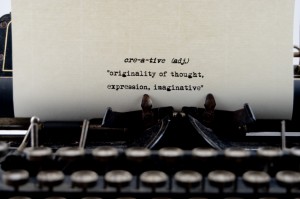 There are many theories designed to explain how jurors understand and analyze trial-related information in order to reach a verdict. The most widely adopted approach to juror decision making is the story model (Devine, Clayton, Dunford, Seying & Pryce, 2000). The story model of juror decisions making explains that jurors reach a verdict by assembling “the evidence into a coherent whole that is ...
There are many theories designed to explain how jurors understand and analyze trial-related information in order to reach a verdict. The most widely adopted approach to juror decision making is the story model (Devine, Clayton, Dunford, Seying & Pryce, 2000). The story model of juror decisions making explains that jurors reach a verdict by assembling “the evidence into a coherent whole that is ...
FEB









